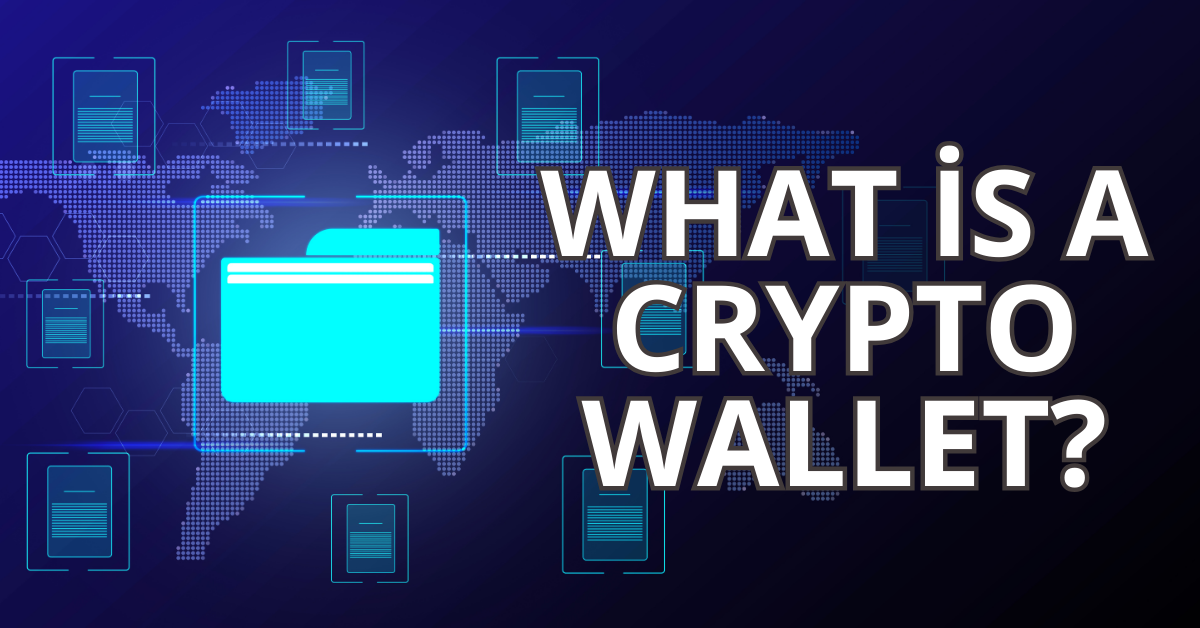Definition: Any cryptocurrency other than Bitcoin.
Explanation: The term “altcoin” is short for “alternative coin” and refers to all cryptocurrencies that were developed as alternatives to Bitcoin. Altcoins were created to address perceived limitations of Bitcoin or to offer different features and functions. Some altcoins are forks of Bitcoin with modifications, while others are built from entirely different blockchain protocols.
Examples of Altcoins:
- Ethereum (ETH): Known for its smart contract functionality and the ability to build decentralized applications (dApps).
- Litecoin (LTC): Created as a “lighter” version of Bitcoin, offering faster transaction times and a different hashing algorithm.
- Ripple (XRP): Focused on facilitating real-time, cross-border payment systems for banks and financial institutions.
- Cardano (ADA): A blockchain platform focused on security, scalability, and sustainability through a layered architecture and a rigorous peer-reviewed academic approach.
- Polkadot (DOT): Designed to enable different blockchains to interoperate, sharing data and forming a web of interconnected networks.
Key Points
- Diverse Purposes: Altcoins can serve a variety of purposes, such as enhancing privacy (e.g., Monero), increasing transaction speeds (e.g., Litecoin), or supporting complex applications and smart contracts (e.g., Ethereum).
- Innovation: Many altcoins introduce new features and technological innovations that differentiate them from Bitcoin and each other.
- Market Dynamics: Altcoins often experience different market trends compared to Bitcoin, and they can be more volatile. Investors and developers are often attracted to altcoins for their potential growth and unique use cases.
Categories of Altcoins
- Stablecoins: Cryptocurrencies designed to have a stable value by being pegged to a fiat currency or other assets (e.g., Tether (USDT), USD Coin (USDC)).
- Security Tokens: Digital tokens that represent ownership in a real-world asset, such as stocks or real estate.
- Utility Tokens: Tokens that provide access to a product or service within a blockchain ecosystem (e.g., Basic Attention Token (BAT)).
- Privacy Coins: Cryptocurrencies focused on enhanced privacy and anonymity of transactions (e.g., Monero (XMR), Zcash (ZEC)).
Related Terms
- Fork: A split in the blockchain where a new cryptocurrency (often an altcoin) is created from an existing blockchain with some modifications.
- Smart Contract: Self-executing contracts with terms directly written into code, popularized by Ethereum.
- Blockchain: The underlying technology for cryptocurrencies, including both Bitcoin and altcoins.
Altcoins play a crucial role in the cryptocurrency ecosystem by driving innovation, offering diverse investment opportunities, and catering to a wide range of use cases beyond what Bitcoin was originally designed to handle.
 Crypto Journal: Analyses, News, and Developments – Coin Chronicle Platform Coin Chronicle is your go-to source in the dynamic world of cryptocurrencies.
Crypto Journal: Analyses, News, and Developments – Coin Chronicle Platform Coin Chronicle is your go-to source in the dynamic world of cryptocurrencies.




